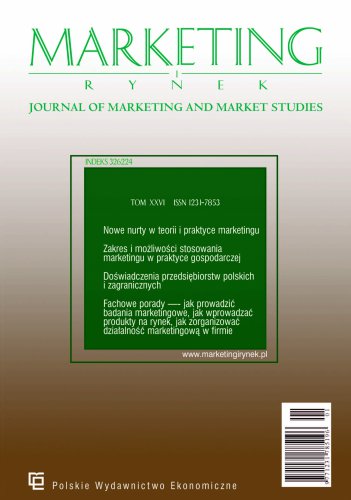Textual Paralanguage (TPL) is widely used in marketing practice. However, there is no consensus on its effectiveness. Since mimicry is a good proxy for communication effectiveness, we set out to determine if TPL is in fact being mimicked (in spoken or written form: "hm," "aaaa," "lol" which are exemplars of the TPL), and consequently, whether TPL is an effective tool in marketing communication. In three studies, participants took part in interviews and were randomly assigned to two condition groups. In the experimental group, the experimenter incorporated elements of TPL in the conversation. The control group had no exposure to TPL. We used several measures of the tendency to mimic TPL. The experiments were run at a university in Poznań (Poland), at the turn of 2017 and 2018. We found that TPL, often used in marketing communication, was not mimicked at all, and thus may not be beneficial to the agent using it. The findings of this paper contradict the everyday practice of marketing communication. The results are consistent across all three experiments. In light of the reported experiments, people do not imitate TPL in communication, which may signify that the expected benefits are lacking.
Keywords: mimicry; imitation; written communication; textual paralanguage; emoji in marketing

